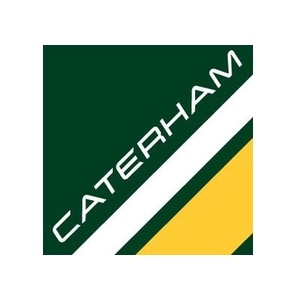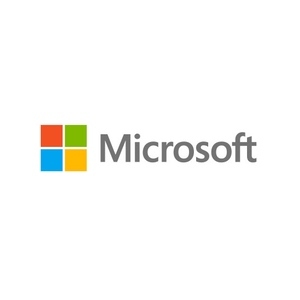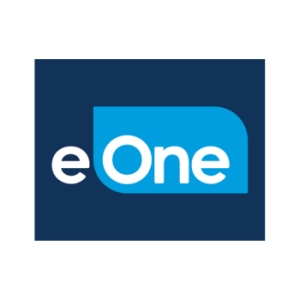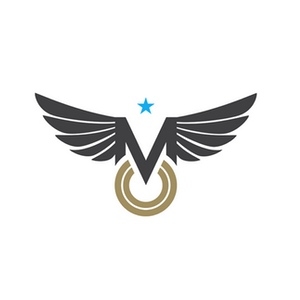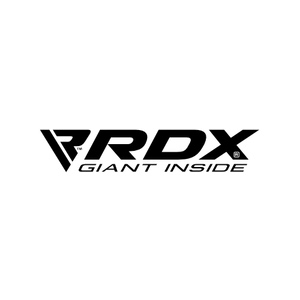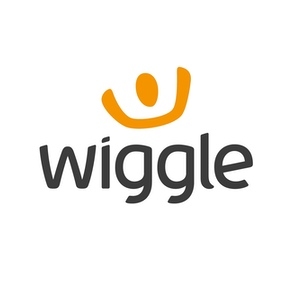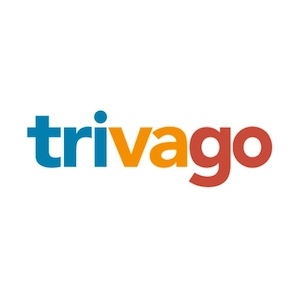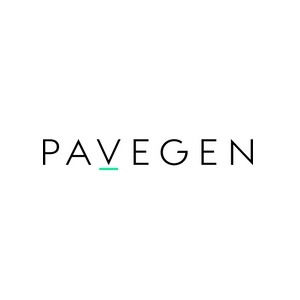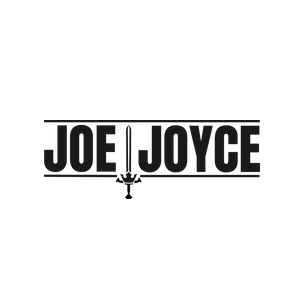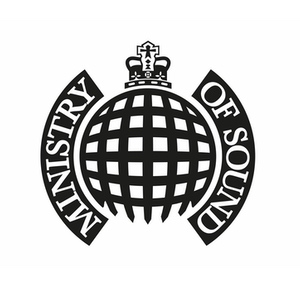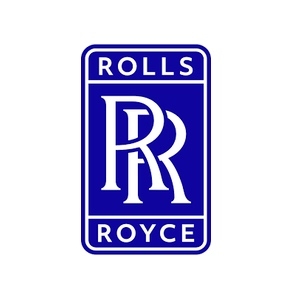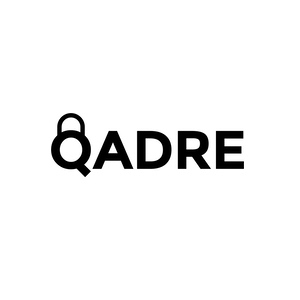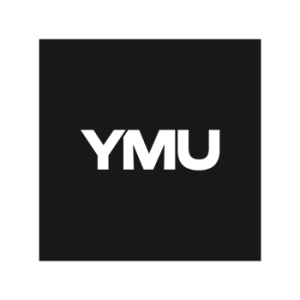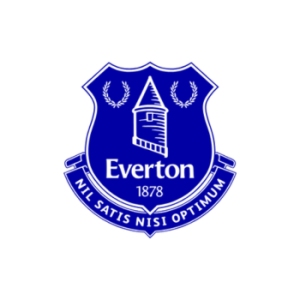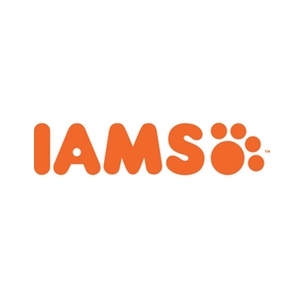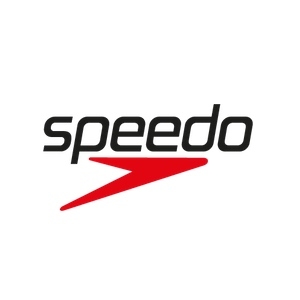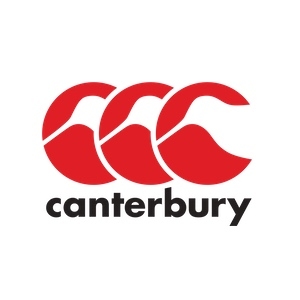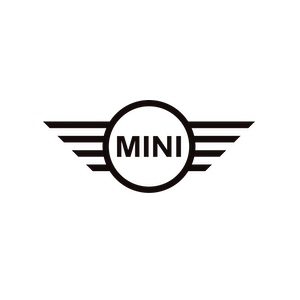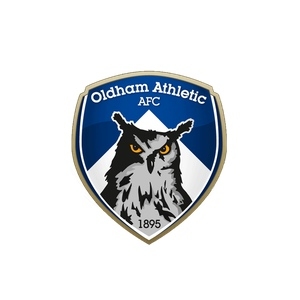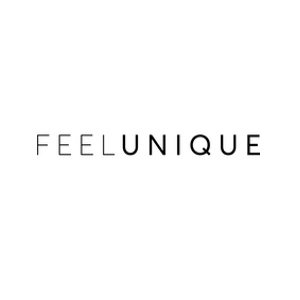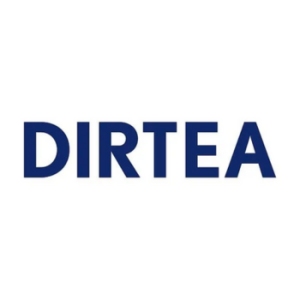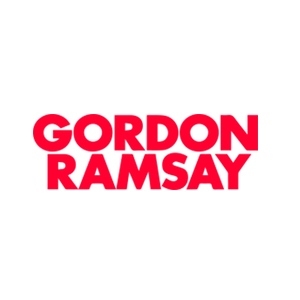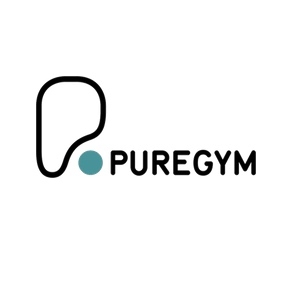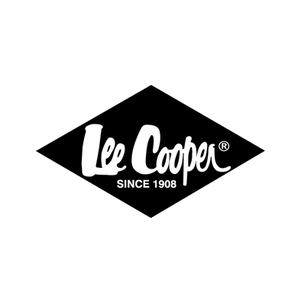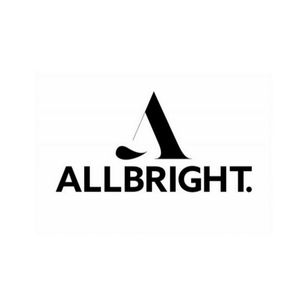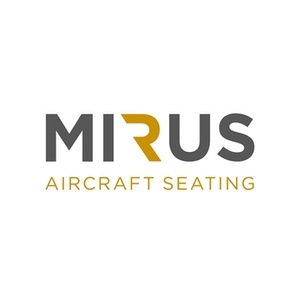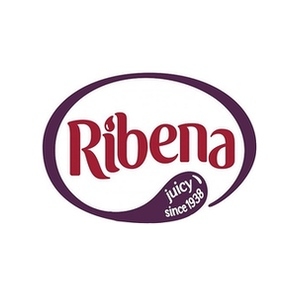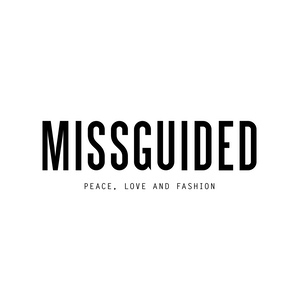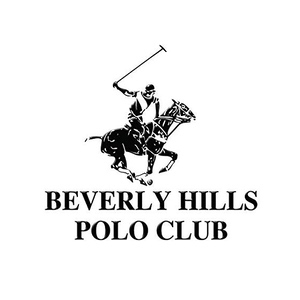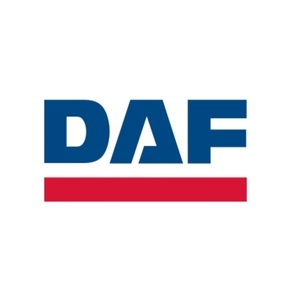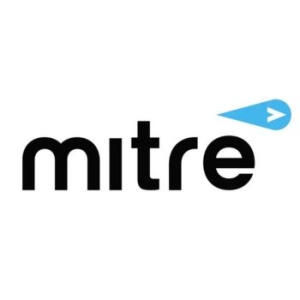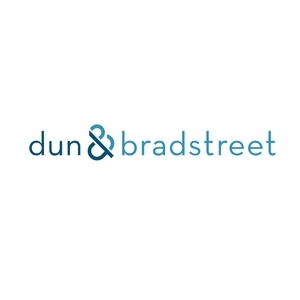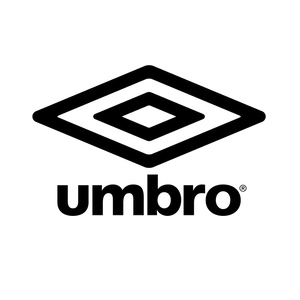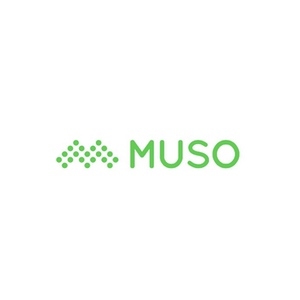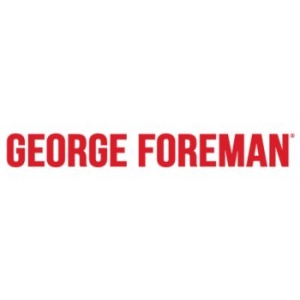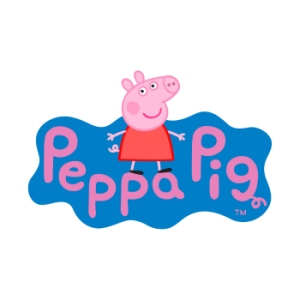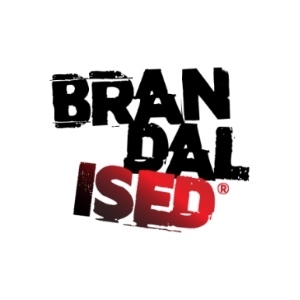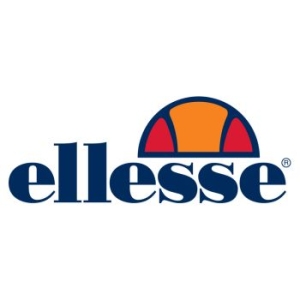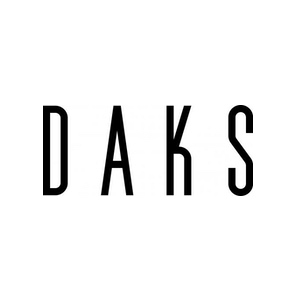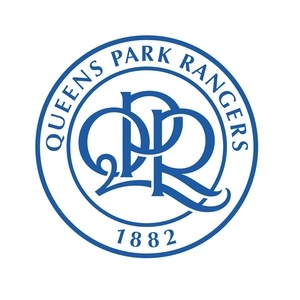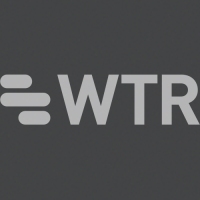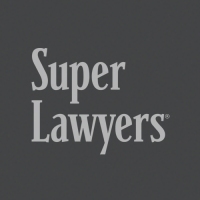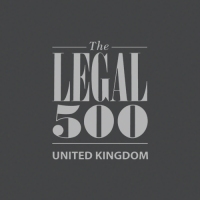Search-a-brandPowered by BRANDSMITHS
Search-a-brand assists you in researching, choosing and building a brand for your company, service or product. Try it out and search with the intended name!
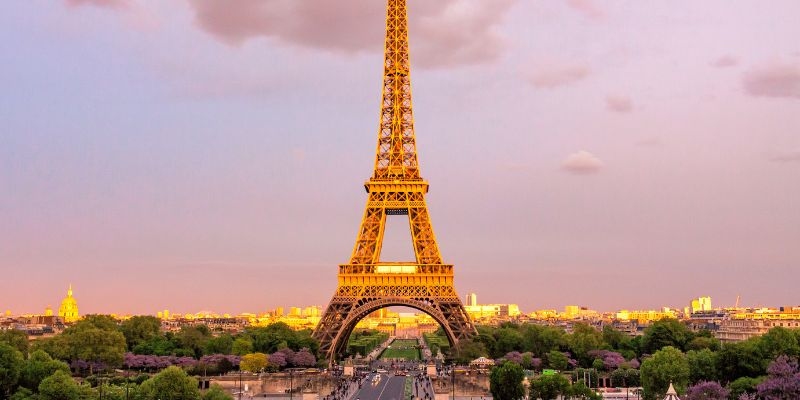
TRADE MARKS & BRAND PROTECTION AFTER PARIS 2024
Author: Iona Barron
The importance of protecting your brand beyond the podium.
As the Paralympic Games kick off today, the focus shifts to the remarkable athletes whose stories of perseverance and victory resonate on a global scale. For brands tied to the event, this moment offers a powerful opportunity to align with values of inclusivity and resilience. However, it also presents significant challenges in ensuring that their association with the Paralympics is genuine and legally secure.
As the Games unfold, brands must carefully manage their reputation and protect their intellectual property, navigating the complexities of this high-stakes period with both strategy and integrity. So, how can they ensure that?
Trade marks are vital in the sports industry, offering protection and commercial advantages to teams, athletes, sports brands, and events like the Olympic Games. They help safeguard the identity and integrity of brands while maintaining their economic value and reputation. Throughout the Paris 2024 games, the Paralympics and beyond, the strategic use and protection of brands through trade marks will play a crucial role in business and brand management.
What is a trade mark?
A trade mark can be any sign that identifies you as the owner of your goods or services to make it clear they belong to you. A sign can be a symbol, word, logo, phrase, sound, shape, or other expression that signifies a company or product identity. In sports, trade marks are crucial for protecting the identity and commercial interests of athletes, teams, events and sponsors.
In the UK, the Trade Mark Act 1994 provides the legal foundation for trade marks. Trade marks are registered in relation to specific goods and services (what you intend to provide under the trade mark) and these are categorised into different classes.
There are 45 different trade mark classes, 34 classes of goods and 11 of services. To gain registration, a trade mark must be distinctive and non-descriptive of the goods and services for which registration is sought.
Trade marks in the Olympics
The five-ring Olympic symbol is a trademark that will continue to be prominently visible this summer. The Olympic symbol, along with the motto "Faster, Higher, Stronger – Together," is protected globally.
Intellectual property holds immense value for such a worldwide event. For instance, the trademark "PARIS 2024" was filed for protection as early as 2016-2017 to ensure robust brand protection for the Paris 2024 Games. Similarly, trade marks related to the Los Angeles Olympics in 2028 have already been filed in anticipation.
Trade marks for athletes
Many high-profile athletes have registered trade marks:
- Usain Bolt’s victory pose is well recognised across the world and has over the years become synonymous with him as an individual. He has secured trade mark protection for a logo depicting the pose for athletic gear, accessories, clothing and various other products in various territories across the world. As well as the victory pose, he has also obtained trade marks for his name and his initials.
- Mo Farah has also obtained protection for his iconic ‘Mobot’ as both a word and figurative mark as well as trade marking his name. His coverage is for class 9, 16, 24, 25 and 28 across the UK and EU.
- Jessica Ennis-Hill has also obtained trade marks for both her name and her brand ‘Jennis’.
- Serena Williams has trade marked both her name and related logos. This has helped her secure various endorsement deals and she has now launched her own fashion line.
But why is trade mark protection so important for athletes?
Protecting IP / Image
Possessing a trade mark enables athletes, organisations, and teams to protect their intellectual property and prevent unauthorised use by third parties. Trade mark protection is widely utilised across the sports industry, from Premier League football clubs to broadcasting channels.
Building a brand reputation takes considerable time and involves significant investment in marketing, advertising, and promotion. Without the appropriate legal safeguards, you risk limiting your protection and growth, while potentially allowing others to profit from your efforts. A trade mark serves as a badge of origin, distinguishing you from competitors. When customers see your trademark on products or services, they recognise they are purchasing items associated with your company, rather than imitations leveraging your brand's success.
A trade mark functions as a legal tool to defend your brand's identity and combat potential infringers.
Monetisation – commercial deals
Having a registered trade mark opens the door for various commercial opportunities. Athletes can license their trade mark to companies for use on merchandise and apparel, as well as other products. This can help generate significant revenues through royalty payments.
A trade mark can also enhance the marketability and credibility of an athlete, this makes them more attractive to companies who are seeking endorsement deals – take Mo Farah who has done deals with Lucozade, Virgin Media, Bupa and Quorn. Brands will be more attracted to those athletes who have a clear and protected brand identify.
Sadly, the active sports career of an athlete is one which is limited, creating and protecting an athlete’s brand and IP can help provide a continuous stream of income through licensing and merchandising.
Michael Jordan and his “Jumpman” logo and “Air Jordan” brand are prime examples of how trade marking has led to a multi-billion dollar business through licensing and merchandising deals.
Safeguard your brand following the Paris 2024 games!
As the world has its eyes on the Paris 2024 Games, there is no better time for athletes to safeguard their brands and maximise their commercial potential. At Brandsmiths, we specialise in helping people and brands protect their identities through trade marks.
About Brandsmiths
Brandsmiths is the go-to firm for the world’s leading brands. With a highly skilled team of IP lawyers, the firm specialises in all matters related to trade marks, copyright, patents, rights & designs, confidential information, and database rights.
Should you have any queries, please contact info@brandsmiths.co.uk to arrange a free consultation.
Brandsmiths is a trading name of Brandsmiths S.L. Limited which is authorised by the Solicitors Regulatory Authority, SRA No: 620298. Founding Partner: Adam Morallee
Privacy and Cookie Policy | Terms and Conditions | Complaint Procedure | Site by: Elate Global
